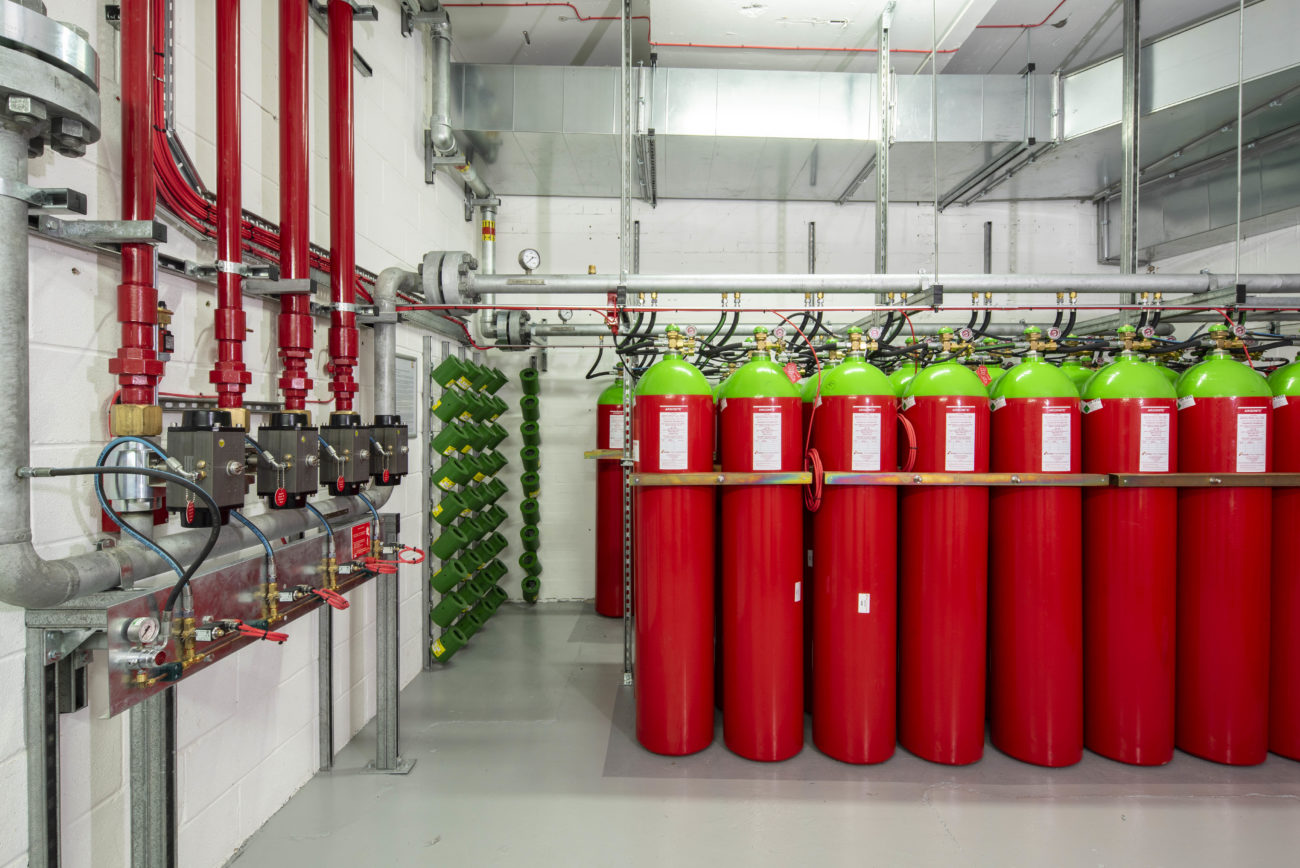How to Choose the Right Fire Extinguisher for an Oil and Gas Facility

Fire safety is a top priority in the oil and gas industry, where the presence of highly flammable materials significantly increases fire risks. A well-equipped facility must have the appropriate fire extinguishers to handle different types of fires effectively. Choosing the right fire extinguisher can prevent disasters, protect assets, and save lives. This guide will help you understand how to select the best fire extinguisher for an oil and gas facility and the importance of sourcing from a reliable fire extinguisher supplier in Dubai . Understanding Fire Classes in Oil and Gas Facilities Fires are categorized based on the materials involved. The oil and gas sector primarily faces risks from the following fire classes: Class B Fires – Involving flammable liquids such as crude oil, gasoline, and petroleum-based products. Class C Fires – Caused by flammable gases such as methane, propane, and hydrogen. Class D Fires – Involving combustible m...





